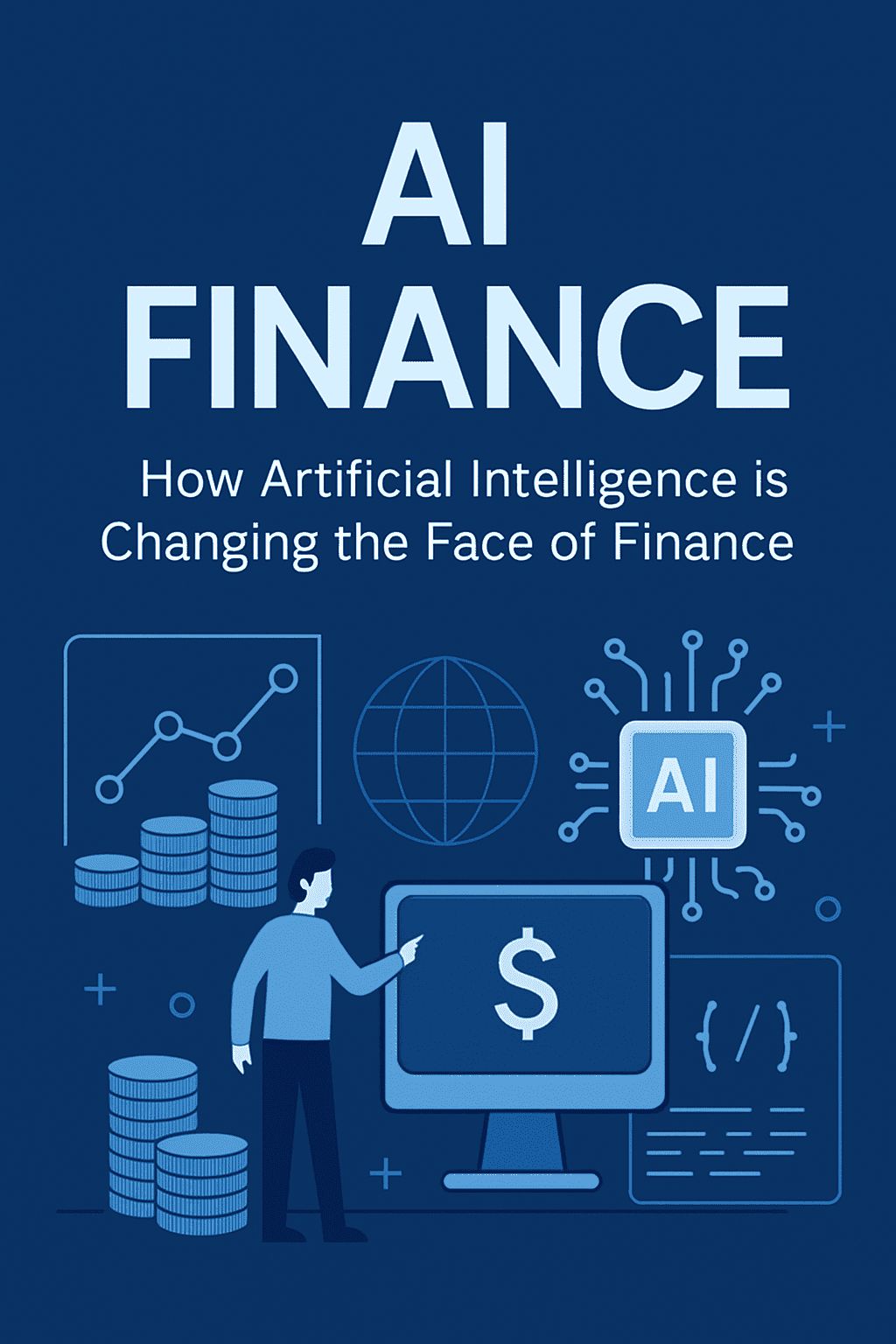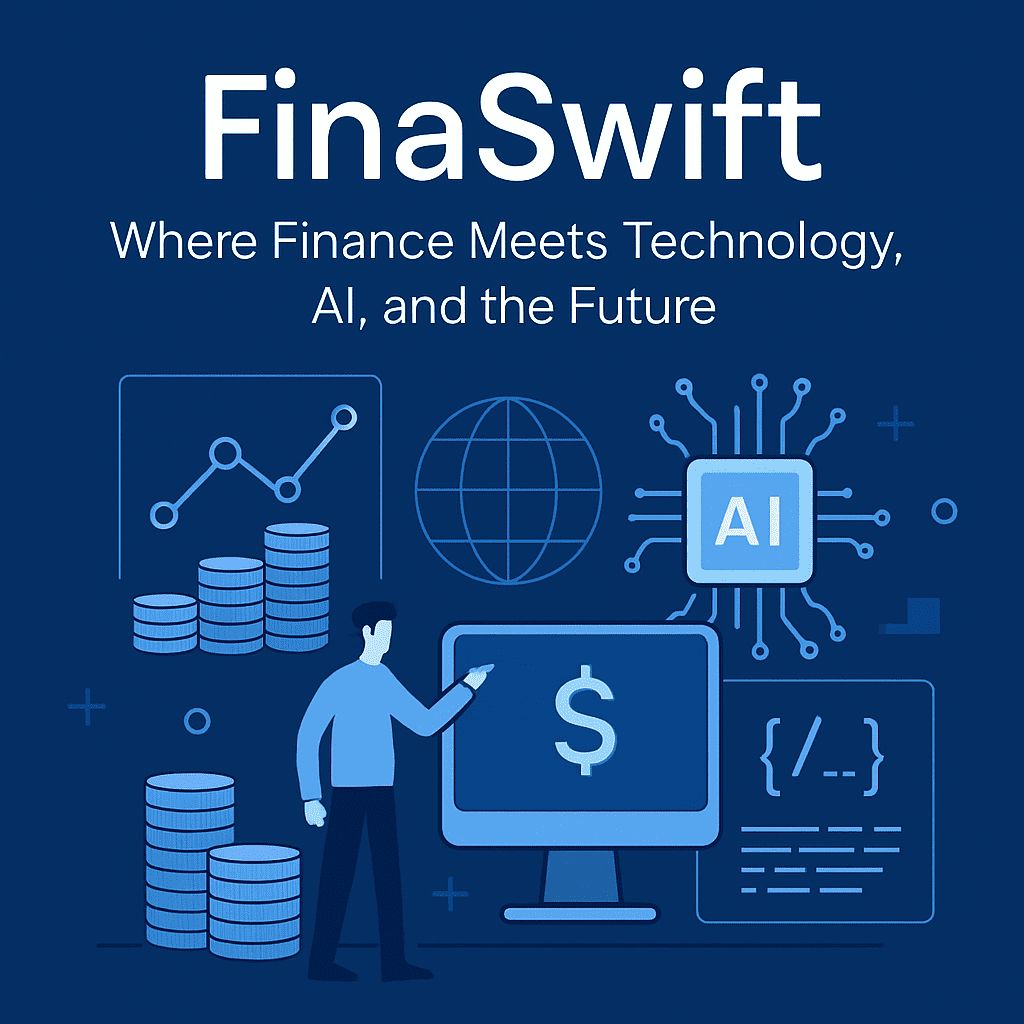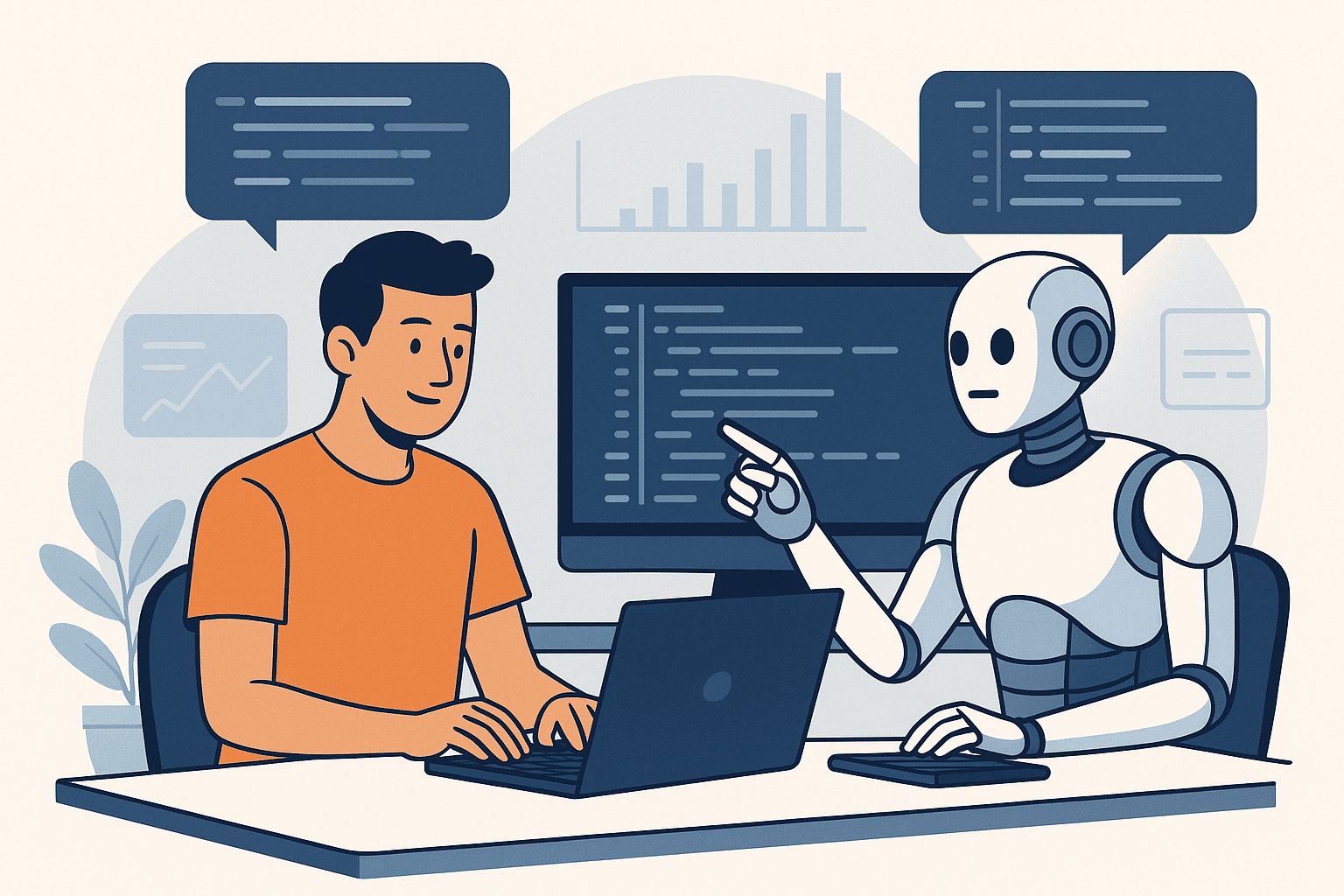A Quiet Revolution in Finance
Not too long ago, managing money was mostly about paperwork, ledgers, and human judgment. Today, the game has changed. Artificial intelligence (AI) is quietly, but powerfully, reshaping the way banks, investment firms, and even small businesses operate. It’s not just about faster computers—it’s about smarter decisions, better security, and new opportunities for both companies and customers.
From Data to Decisions
At its core, AI in finance is all about turning vast amounts of data into useful insights. Every day, the financial world generates billions of transactions, market movements, and customer interactions. Humans can’t possibly keep up with that flow of information on their own. AI systems, however, can scan through it in seconds, spotting patterns that would be invisible to the human eye.
For example, AI-powered tools can help a trader decide when to buy or sell stocks by analyzing market trends in real time. Banks can use similar technology to understand which customers might be interested in a loan, or which ones may be struggling with repayments—allowing them to offer help before problems grow.
Better Protection Against Fraud
One of the biggest benefits of AI in finance is security. Fraud detection has always been a challenge, but AI has changed the playing field. Instead of relying solely on fixed rules—like flagging transactions over a certain amount—AI systems learn from past fraud cases. They can recognize unusual activity, such as a sudden large withdrawal from a new location, and block it within seconds. This proactive approach not only protects customers but also saves financial institutions millions every year.
Making Services More Personal
If you’ve ever used an online banking app and received tips on how to save more or reduce spending, you’ve already seen AI in action. These systems look at your spending habits and create tailored advice. This level of personalization helps customers feel understood, while also encouraging smarter financial choices. In wealth management, AI can recommend investment portfolios based on a person’s risk tolerance, goals, and even current market conditions.
Speed and Efficiency
In finance, speed matters. AI can process loan applications, verify identities, and approve transactions in minutes—tasks that used to take days. This means customers get faster service, and companies save on costs. Over time, this efficiency leads to better customer satisfaction and more competitive financial products.
The Human + AI Partnership
It’s important to remember that AI isn’t replacing humans—it’s enhancing them. Financial advisors, traders, and analysts still play a critical role, but AI gives them better tools and sharper insights. Think of it as a co-pilot: the human sets the destination, and AI helps navigate the most efficient and safest route.
Looking Ahead
The future of AI in finance is full of promise. We can expect even more accurate predictions for investments, smarter ways to prevent cybercrime, and tools that help people manage money in ways that were impossible a decade ago. Of course, with these advancements come challenges—like ensuring fairness, privacy, and transparency—but the potential is too great to ignore.
Artificial intelligence is not just a trend in finance—it’s becoming part of its foundation. From helping individuals make better spending choices to assisting global banks in navigating complex markets, AI is proving that the future of money is not only digital but intelligent




